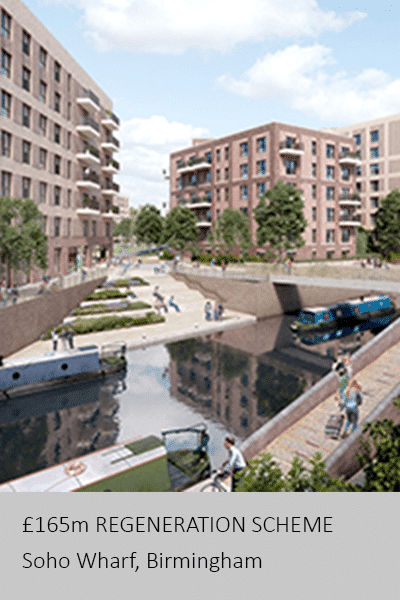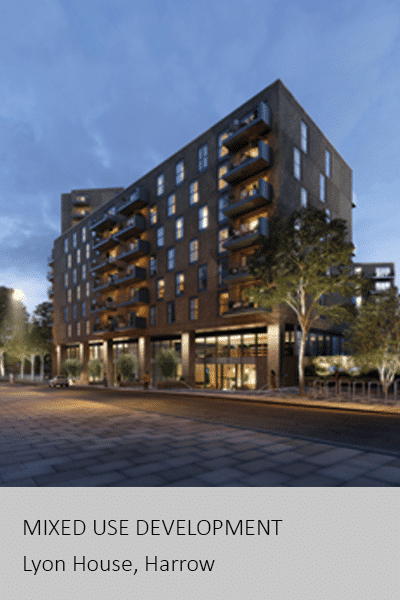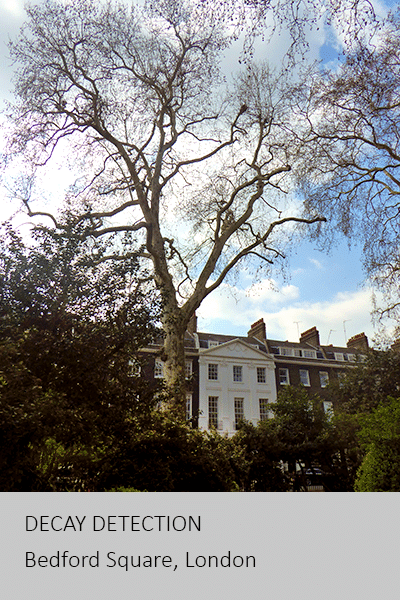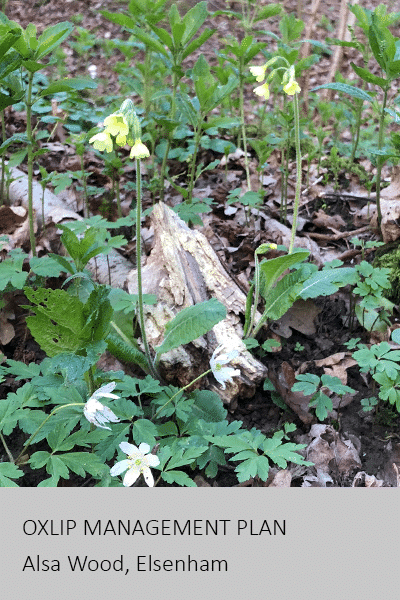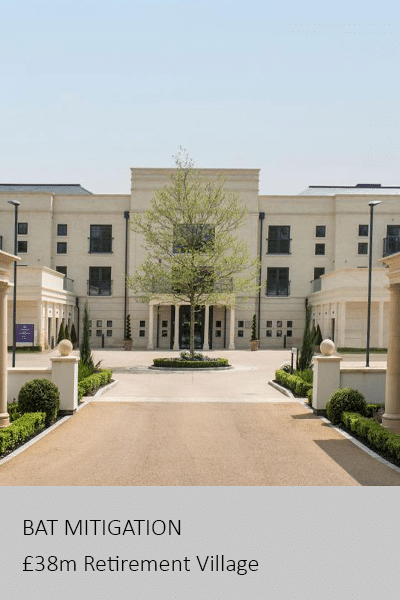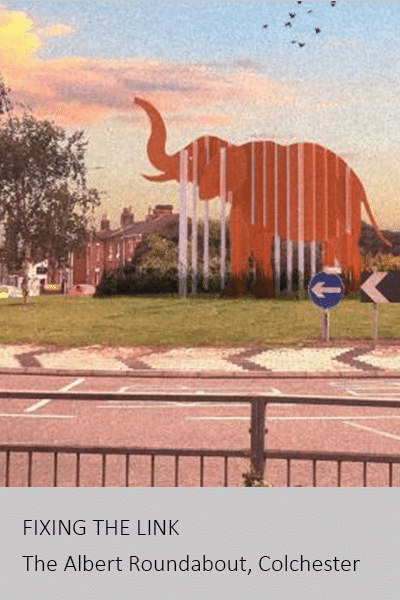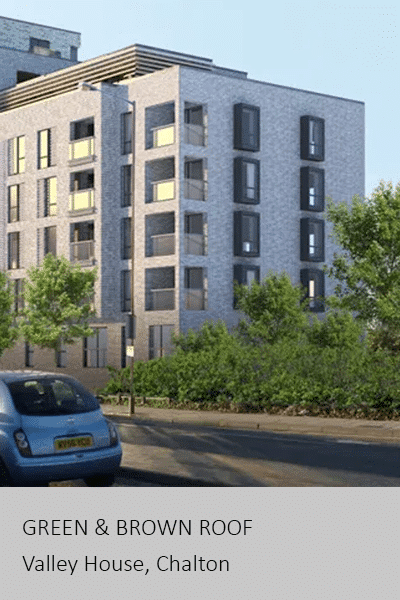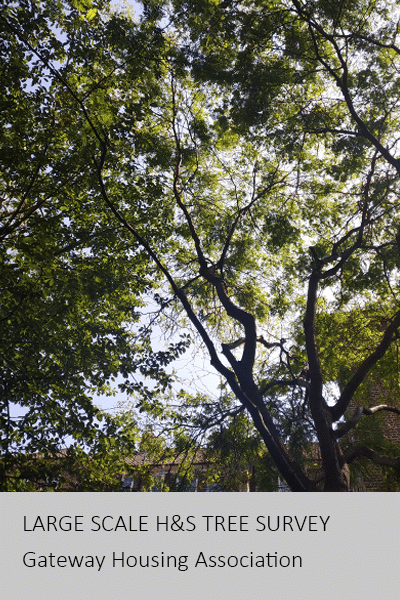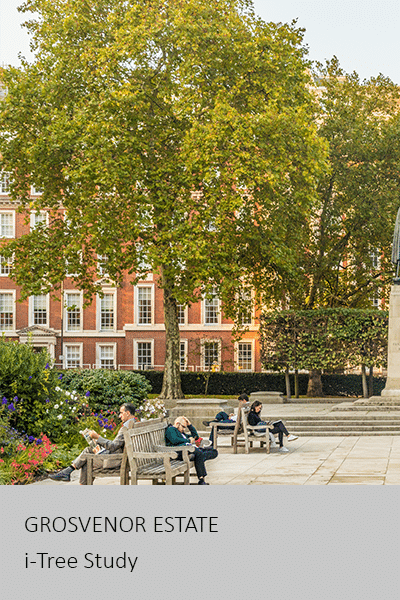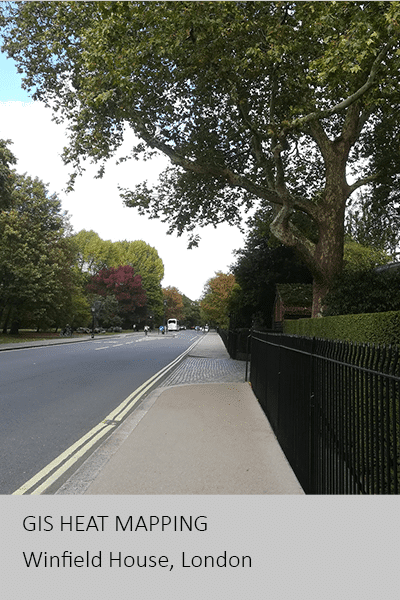Developers
Specialities
Arboriculture, Ecology,
Landscape Architecture & Digital Surveys
TMA are industry leaders and experts in turning your environmental constraints into opportunities. Pushing the boundaries of sustainable design to enhance the places in which we live and work. We have the know-how to measure eco services benefits, increasing the value of a project through innovative and technically advanced solutions. We are SMAS Worksafe approved, meeting all health and safety procurement criteria.
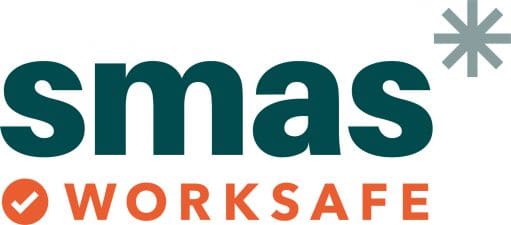
Arboriculture
Ecology
Landscape
Mapping & Digital Land Surveys
Arboriculture
Ecology
Landscape
Mapping & Digital Land Surveys
Arboriculture
TMA are leaders in arboriculture and understand the complexities of planning constraints. We are experienced in working with multi-disciplinary teams to work proactively in achieving a desirable and viable result.
Arboricultural Desk Study
TMA recognises from project inception, that understanding the constraints trees pose to any potential development is critical, from project inception. Therefore, TMA provides a desktop study service that explores the relevant planning policy and publicly available statutory information (e.g. Tree Preservation Orders), to identify the constraints that the trees may pose and to inform the client to shape their visions and expectations. TMA will also use street view/aerial photography and draw upon a wealth of relevant experience, to augment this early-stage service and provide workable and reasoned advice for the benefit of the developing scheme.
BS5837 Tree Survey
We use our own map-based software to efficiently plot and record tree data. This allows us to provide tree survey drawings and technical data
on each tree. Where trees are present, both within a site and adjacent to
the site, TMA always recommends that a BS5837 tree survey is undertaken at the early feasibility/scoping stage. This approach minimises the risk of abortive design costs, by ensuring that the constraints trees pose to a development are fully understood from an early stage. This enables designs to be developed that recognise and value the importance of specific trees, in accordance with relevant planning policy and guidance.
Tree Constraints Plan
Understanding the above and below ground constraints that trees present, will ultimately help to strengthen the planning application and limit abortive costs. We highlight the areas of a site that are constrained by existing trees, and work with the design team to move forward with an informed approach.
Arboricultural Impact Assessment
TMA is highly respected for their extensive planning experience and have developed relationships with many Local Planning Authorities to ensure that challenges around trees can be resolved in a cost-effective way, helping achieve viable developments. This often involves working with other professionals, in other sectors, to support the clients with resolving planning constraints.
Capital Asset Value for Amenity Trees (CAVAT)
Capital Asset Value for Amenity Trees (CAVAT) is a valuation method developed in the UK to express the amenity value of trees, in terms of the cost of an equivalent replacement.
CAVAT works on the level of the individual tree, but it has been expressly designed to be able to integrate with computerised tree inventories and management systems and can express and analyse the value of the tree population as a whole.
TMA MyTrees Software has a built-in calculation in order to provide clients with cost effective basic calculations, as part of our tree survey packages. Managers can demonstrate the productive and cost-effective use of financial resources and provide a structure to safeguard the budget for continued planting and management.
Tree Protection Plan
The plan assists with the discharge of planning conditions and illustrates constraints on the site which will need to be considered for tendering. TMA have a dedicated CAD and technical team who support our consultants. We have developed bespoke drawings to inform the opportunities and pruning management on single trees within constrained developments.
Arboricultural Method Statement
The statement provides the details required to realistically and responsibly guide construction activities in proximity to trees. Usually, this will be required to discharge planning conditions though the statement may also form part of a tender package. TMA have extensive experience in working with other professionals and contractors and understand the logistical demands of construction traffic management and material storage.
Arboricultural Clerk of Works
We are experienced in working on complex sites and understanding the constraints tree roots can pose for foundations, utilities, services, access and working space on site. TMA have decades of experience of working on complex sites, ensuring that the design team and building contractor are supported when unforeseen challenges arise.
Tree Planting Specification
Our understanding of new development sites, soils, pests and diseases and biosecurity, ensure we specify appropriate trees for a changing climate. We work with the landscape team, to enhance existing character whilst ensuring that site resilience is a mainstay and will have a lasting positive impact upon the local landscape.
Soil Testing
Soil analysis can make a fundamental contribution to the sustainable growth of trees, vegetation and the enhancement of the soil ecosystems. Soil testing is a valuable investigatory tool, focusing on the chemical, biological and physical domains, to identify poor soil environments and support consideration for landscape design, new tree planting and maintenance plans. Testing also supports investigations into mature tree health and trouble-shooting new and established soft landscape features.
Tree Radar
Eliminating the need for soil excavation to determine the location of roots, where conditions allow. Tree radar is used to understand live tree root locations. This method supports sustainable design allowing detailed consideration of tree root impacts for foundations, utilities and hard surfacing. The data produced enable TMA to further provide valuable advice as part of the design process.
Decay Detection
TMA are leaders in the area of decay detection in trees. Using the most up to date technology, which provides comprehensive evidence to enable informed decisions on tree management. TMA have both PiCUS (sonic tomography) and Resitograph (micro-drill) technologies enabling us to provide reports with detailed information to analyse and help to manage trees in an informed and reasonable manner.
Dynamic Load Tree Stability Testing
Tree stability may be affected if roots are physically damaged, for example through excavation during construction works, or decayed following fungal colonisation by species such as honey fungus (Armillaria sp.) or giant polypore (Meripilus giganteus).
Determining the condition of roots underground is necessarily difficult because they are, well, underground. DynaRoot assesses tree stability by measuring local wind speeds with an Anemometer and tree reaction during those winds using an Inclinometer.
These data are then analysed to compute a safety factor for the tree(s). Data can also be used to extrapolate tree stability in much higher storm force winds. This testing requires wind gusts over 24kph (15mph) with information being gathered over several hours, however, TMA can test up to three trees at once and can undertake other surveys or decay investigations while the data is being collated.
TMA also have DynaTree extensiometers/elastometers which can be used to measure trunk deformation as the tree reacts to measured wind speeds and provide a safety factor (below).
“Sunrise Senior Living Ltd has used Tim Moya Associates for all arboricultural work since it entered the UK market in 1999. TMA has been involved at all stages of projects, including initial feasibility studies, planning applications, planning inquiry’s, tender and construction. TMA is a key part of the Sunrise consultant team, and the service received has always been exemplary. Sunrise has never considered using any other arboricultural consultant.”
Sunrise Senior Living
Ecology
From desk studies to detailed reports, TMA have an experienced team of ecologists and specialist technology to create strong, robust reports for planning.
Ecological Desk Study
A key feature of our Ecological Appraisal is the Desk Study section. We obtain existing data on protected species and sites, in the local area, from Local Ecological Record Centres and from online resources, including the government’s MAGIC search tool. We analyse this data alongside the findings of our own detailed site survey, in order to robustly assess the likelihood of protected species or sites being impacted by the proposed works. The need for a Desk Study is outlined in the Guidelines for Preliminary Ecological Appraisal (CIEEM, 2017).
Preliminary Ecological Appraisal / Phase 1 Habitat Survey
TMA identify the potential for protected species within the site, and record invasive species, or any other significant ecological interest, within the site and the surrounding area. TMA use MyTrees to collect detailed data using GIS. The resulting report details the potential for the proposed works to have an impact on ecology and protected species. In some cases, further species-specific surveys will be recommended in order to assess the use of the site by legally protected species.
Ecological Constraints and Opportunities Plan (ECOP)
In order to assist in the design of a development, our ecologists can highlight the ecological constraints (such as the presence of a protected species) and opportunities (such as a habitat that could be enhanced) on your site. Being aware of these factors at an early stage, is beneficial to help a development to maximise biodiversity gains, whilst minimising the delays and costs associated with ecological constraints.
Protected Species Surveys
Where a site has potential for use by legally protected species, it may be necessary to undertake one or more surveys in order to assess the use of the site by the protected species, or to provide reasonable level of confidence that protected species will not be impacted.
TMA specialises in protected species surveys, in particular the following:
- Great crested newts
- Bats
- Reptiles
- Water vole
- Badger
- Breeding birds, wintering birds
- Dormice
- Otter
Ecological Impact Assessment
TMA is experienced in identifying significant ecological impacts. We have developed a tailored report writing module within our database ensuring that our reports are robust and well referenced with current legislation. Working with the design team we ensure our report meets the requirements of planning whilst ensuring that design aims are considered.
Licence Applications
When an impact on European Protected Species cannot be avoided, a licence needs to be obtained from Natural England to allow the works to continue legally.
TMA aim to minimise delays by ensuring compliance within your areas of responsibility, whilst safeguarding the risk to protected species.
A Protected Species Licence application will ideally be submitted up to three months prior to the start of construction. With early engagement of ecology services, we can advise you through these seasonal restrictions.
Mitigation
Working closely with our clients, we aim to find solutions that can achieve the aims of the development with a minimal impact on features of ecological value. TMA ecologists are experienced at assessing the impact that a scheme will have on protected species and habitats. We treat each project individually, always looking for novel solutions to allow development to progress within the desired timescales and without excessive additional costs.
Protected Species Translocation
Where a population of a protected species is present in the footprint of a proposed development, they may need to be translocated to a new area, on or off site. Our ecologists are all experienced at designing and implementing appropriate translocation strategies to ensure that this process can be undertaken with the minimum of delays and cost.
Ecological Clerk of Works
TMA has skilled ecologists who can ensure that planning and contractual requirements are met. By identifying potential risks, we ensure practical and cost-effective solutions.
Code for Sustainable Homes (CSH) Ecological Assessment
The Code for Sustainable Homes is a method for assessing and certifying sustainable design and construction of new homes. TMA ecologists are familiar with the technical requirements of the code and its implementation and have undertaken numerous CSH assessments. Our ecologists are qualified as ‘Suitably Qualified Ecologists’ under the CSH scheme.
BREEAM
A BREEAM Ecology survey undertaken at an early stage, before site clearance, will enable the maximum number of credits to be achieved. In some cases, savings can be made by combining the BREEAM survey with a Phase 1 Ecology Survey.
Ecological Enhancement Schemes
TMA ecologists consider Ecological Enhancement for every project, to determine what would be most appropriate for your site and for local wildlife. We know that a ‘one size fits all’ approach is not effective when it comes to nature conservation. We identify the opportunities within the site to help wildlife to prosper. Simple measures could include choosing the best shrubs to encourage pollinating insects or installing bat boxes to give bats a roosting place. More ambitious schemes can even include the installation of new ponds or green roofs, which can provide major benefits to the local flora and fauna.
Biodiversity Net Gain
Biodiversity Net Gain is an approach to development that leaves biodiversity in a better state than before. Using the unique MyTrees software, TMA are able to survey the extent of habitat types present within the site and then calculate the losses and gains of biodiversity in the proposed development.
The software uses our knowledge of the Biodiversity Net Gain system and habitat creation.
Habitat Design
Whenever a new habitat needs to be created, success will depend on it being well designed. TMA is able to design new and enhanced habitats for a wide range of species and landscapes.
Whether it is a new breeding roost for bats, a green roof to encourage rare insects, or a pond for great crested newts, TMA have the expertise to design the right habitat.
Ecological Design Strategies
Based on our in-depth knowledge of your site TMA can produce detailed ecological design strategies that create realistic objectives for mitigation, Biodiversity Net Gain and enhancement. We produce strategy reports with GIS mapping, creating short and long term objectives. We work closely with the wider design team, such as landscape architects and engineers, to ensure ecology is integrated within the design proposals.
Ecology and Landscape Management Plan
With an integrated approach, our ecology and landscape teams work together creating realistic management objectives and methods of implementation.
Whatever the aims of the project, we will find the most appropriate management strategies to ensure that existing ecological features and newly created habitats are protected and managed appropriately for years to come.
A Landscape and Ecology Management Plan may also be referred to as an Ecological, Habitat or Biodiversity Management Plan.
“Tim Moya Associates have been an important member of our subcontractor supply chain since 2011 and have been instrumental in helping us secure a number of planning permissions, and in complying with our environmental obligations. Tim Moya Associates have provided Arboricultural and ecological advice and support for both design stage and construction stage projects, this has included inputting to scheme design options, producing method statements, planning application documentation, securing consents, undertaking toolbox talks and Ecological/Arboricultural watching briefs. There has also been some landscape design work. We have found Tim Moya Associates staff to be courteous, professional, prompt and the service to be of high quality and good value for money.”
Optimise
Landscape
TMA understands the importance of balance in the built and natural environment, creating bespoke design solutions and unique cost consultancy through all stages of planning and development.
Concept Design
Our designers create well considered solutions that link the built and natural environment. Working with award winning designers we can create thoughtful spaces that integrate our landscape, arboricultural, ecological and horticultural knowledge.
Master-planning
We understand the character, use and setting of a site, creating sustainable and cost-effective solutions, with a sense of place that
enhances communities. We work closely with architects to define the approach linking the built and natural spaces. Our broad understanding of green infrastructure enables us to create spaces that work, whilst incorporating existing arboricultural and ecological features of importance, creating a rich and diverse environment in which people
live, work and play.
Detailed Landscape Design
Working with chartered landscape architects, TMA can turn design concepts into detailed plans, helping to create coherent usable spaces. We can tailor the level of detail required depending on budget and the complexities of the site and with our dedicated technical team we can issue documents and visuals in your chosen format.
Construction Detailing
We understand the balance of thoughtful design and practical construction methods. Our advanced technical abilities and dedicated CAD and GIS technicians produce practical and cost-effective solutions to create a seamless approach. We enjoy working with architects to ensure the landscape detailing has a strong and balanced relationship with the built environment.
Planting Plans
These soft landscaping schemes will take key planning considerations into account such as biodiversity, urban setting, desired vs achievable maintenance and environmental conditions, such as drought and dense shade. Planting plans can be designed to fit the budget and desired time to reach maturity.
Specification & Bills of Quantities
From cost feasibility studies to full bill of quantities, bespoke software enables us to make accurate cost analyses to support commercial and domestic projects.
Landscape Management & Maintenance Reports
Depending on your requirements, TMA can attend site and submit reports during or at the end of the maintenance periods, to ensure that the project has been implemented in line with specified maintenance.
Landscape & Visual Impact Assessment
Through a mixture of desk studies and site visits TMA can identify the effects of new developments on views and the landscape setting, creating practical and measured guidance on potential impacts and mitigation measures.
Planning Conditions
TMA have a wealth of experience in relation to planning and the green environment. We are adept in clearing planning conditions and reserved matters relating to landscape planning. Early engagement can often provide the required landscape information to support the planning application, avoiding abortive fees and costly delays.
“It has been a pleasure working with TMA on creating a cost-effective and well-considered soft landscaping scheme, that complements our design whilst satisfying the local planning requirements. TMA has a flexible approach in exploring options and understands the aspiration for high-quality design development.”
Dallas–Pierce–Quintero
Mapping & Digital Land Surveys
Fast, efficient and accurate topographic surveys collecting all the data you need for your projects, combining the latest technology methods with fully qualified surveyors. Surveying a wide range of terrain, analyse the results and present them to you in the format you require.
Topographical Surveys
TMA use some of the most technically advanced survey software and can produce fast, efficient and accurate topographical surveys, collecting all the data you need for your projects. Surveying a wide range of terrain, we can analyse the results and issue plans digitally, in your preferred format.
Land Mapping
Mapping the land that you own and are obtaining, as well as licensing digital mapping data, can be an unnecessary hold up to achieving a comprehensive survey. TMA can research information about land ownership, obtain and license mapping and provide support through our dedicated GIS team, ensuring information of the highest standard is produced.
3D Modelling (BIM)
Using a range of design packages, we can create 3D representations and sketches to visualise existing trees and landscape accurately through 3D scanning. TMA are also able to produce 3D models of proposed landscaping and tree planting working to BIM standards and integrating arboricultural, ecological and landscape information into BIM models.
“TMA has been contracted to provide a detailed record of trees and grass areas combined with marking boundaries for all our properties. They are currently providing access to the online system containing the above. We have been completely satisfied with their performance and the system which holds our data. They are always professional, work well to deadlines, and respond positively to our business needs.”

